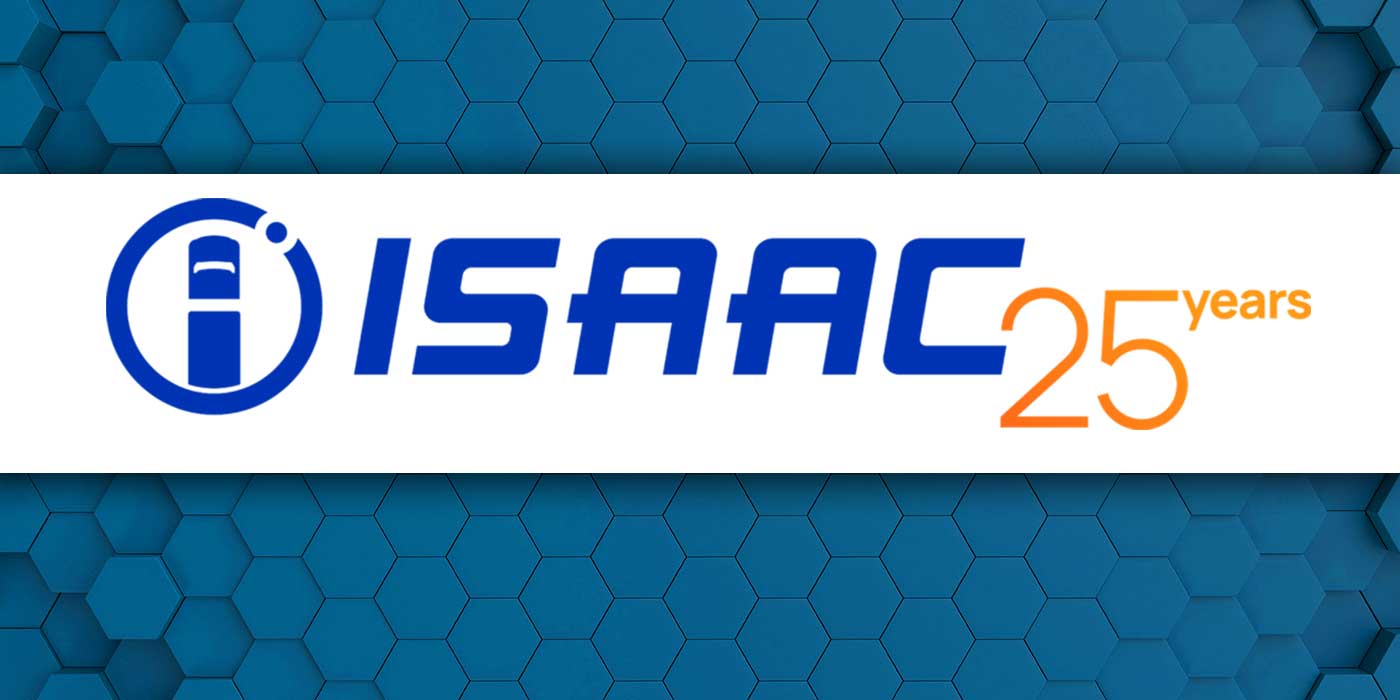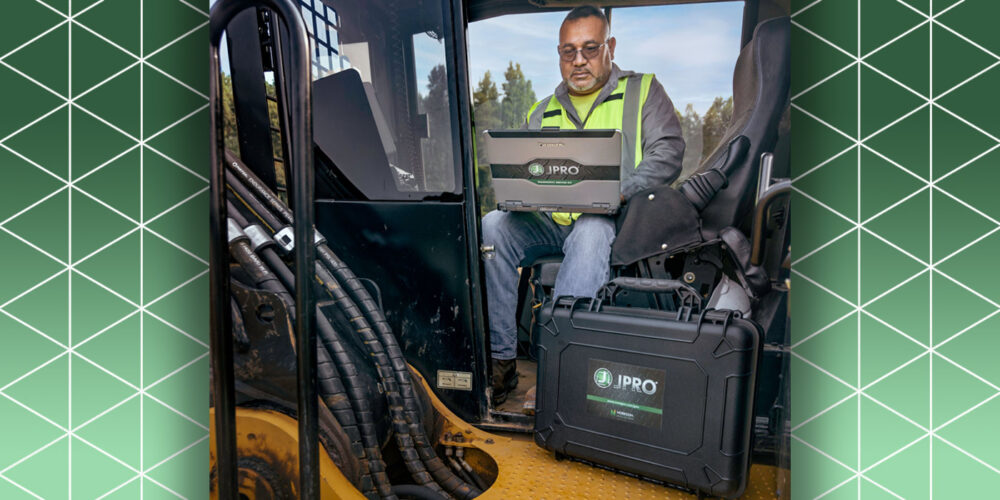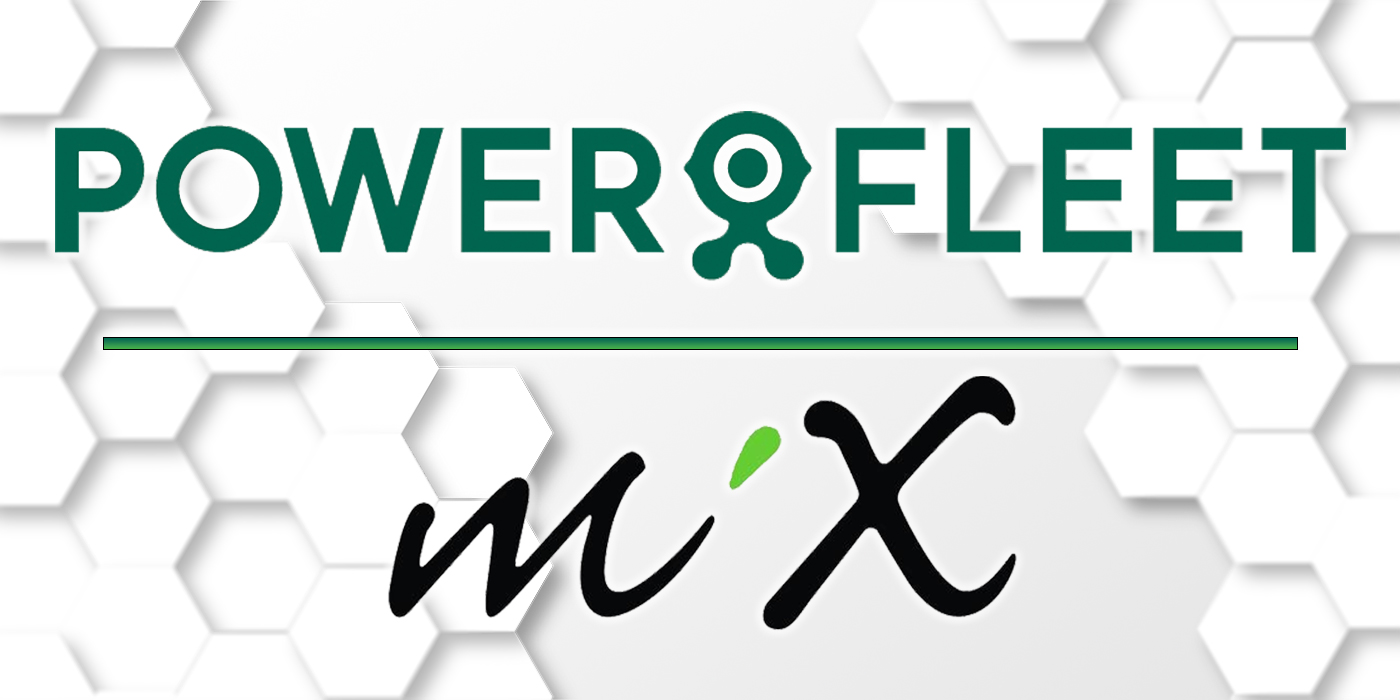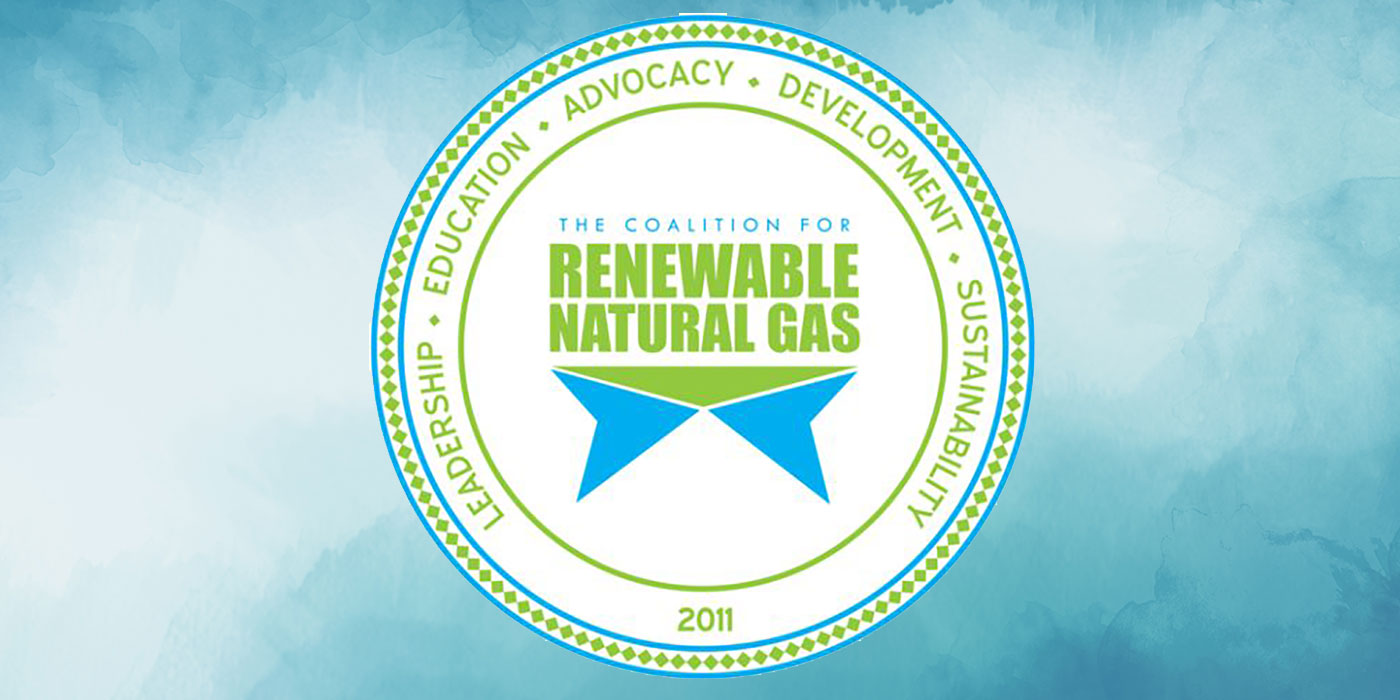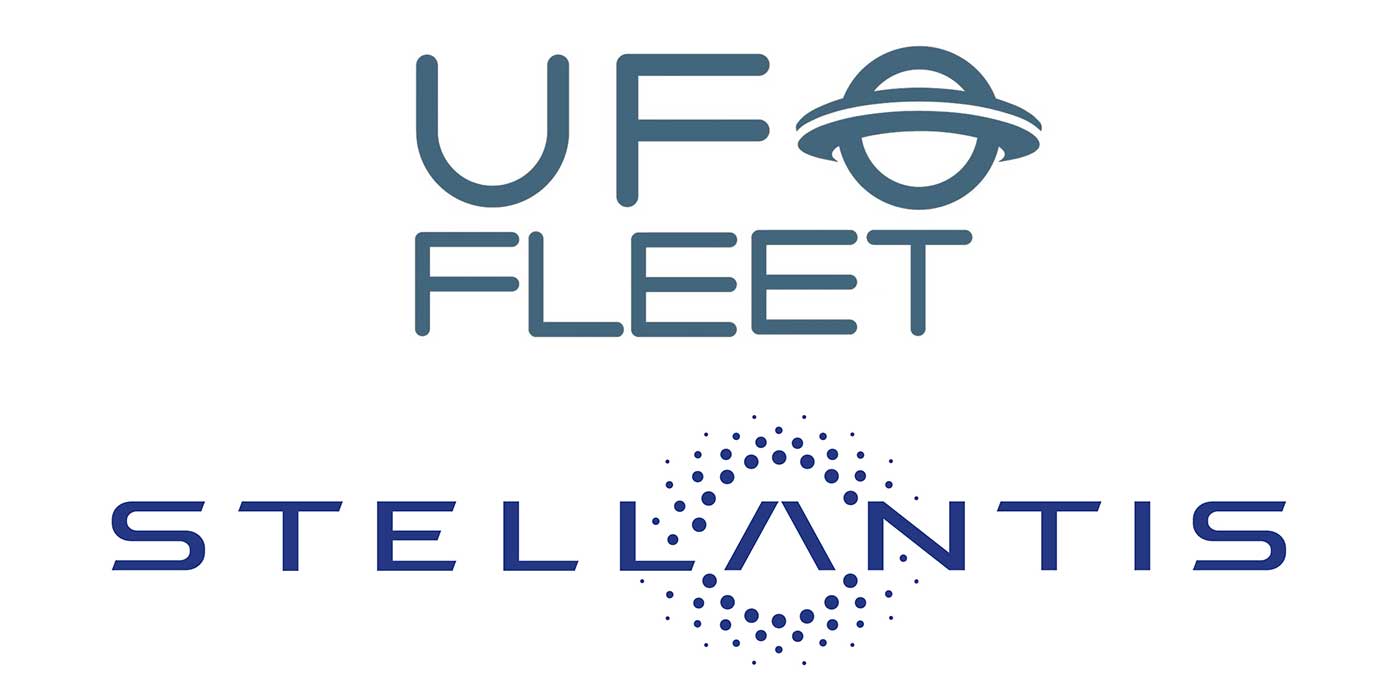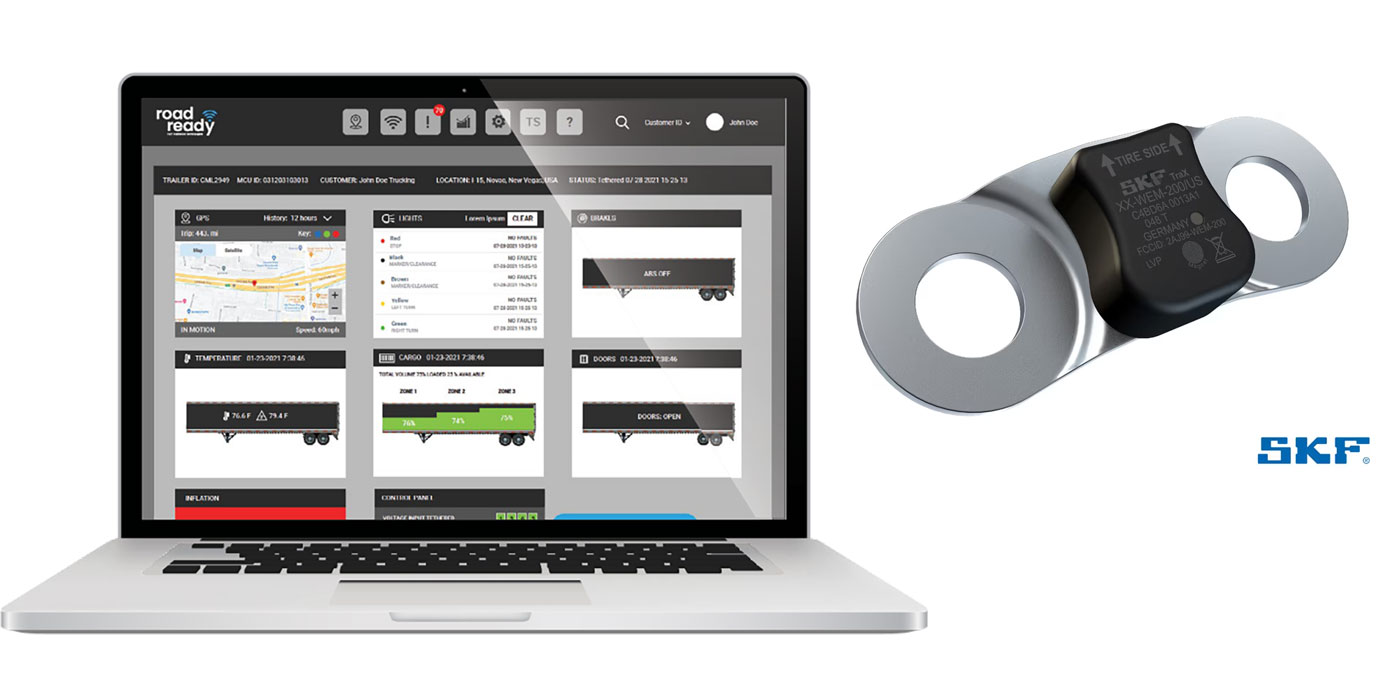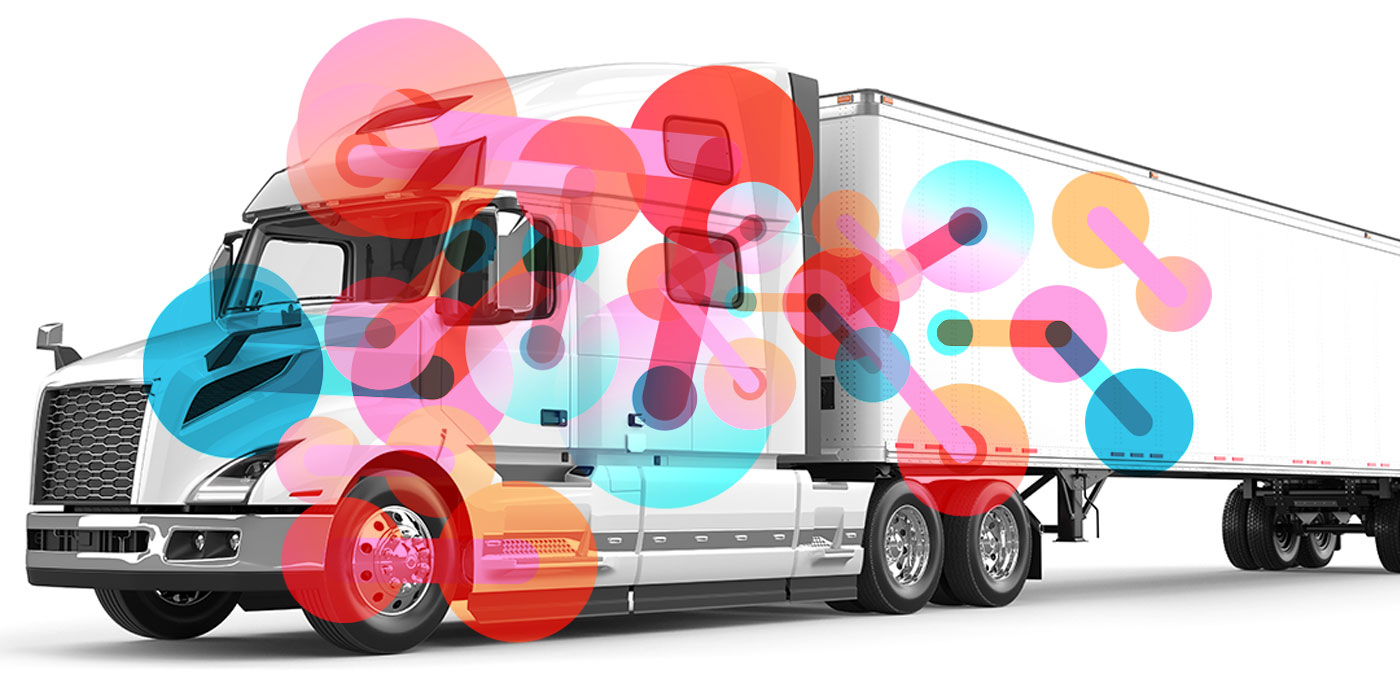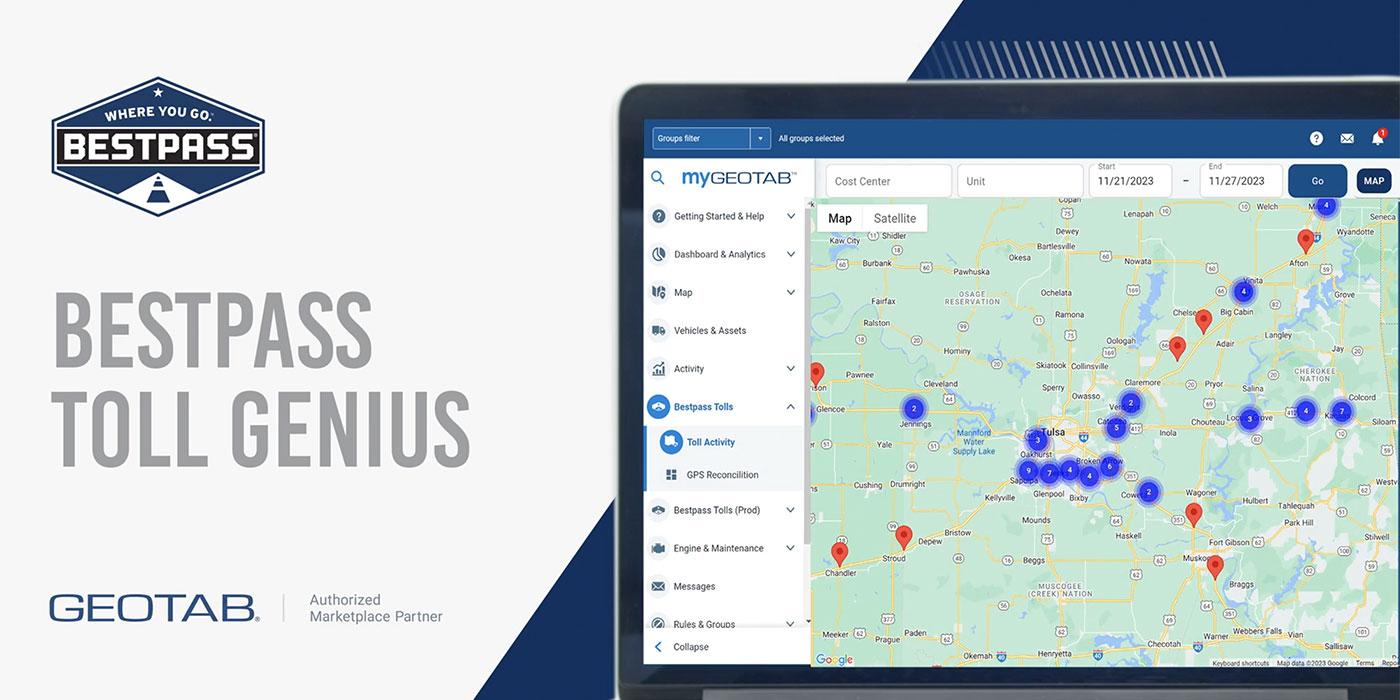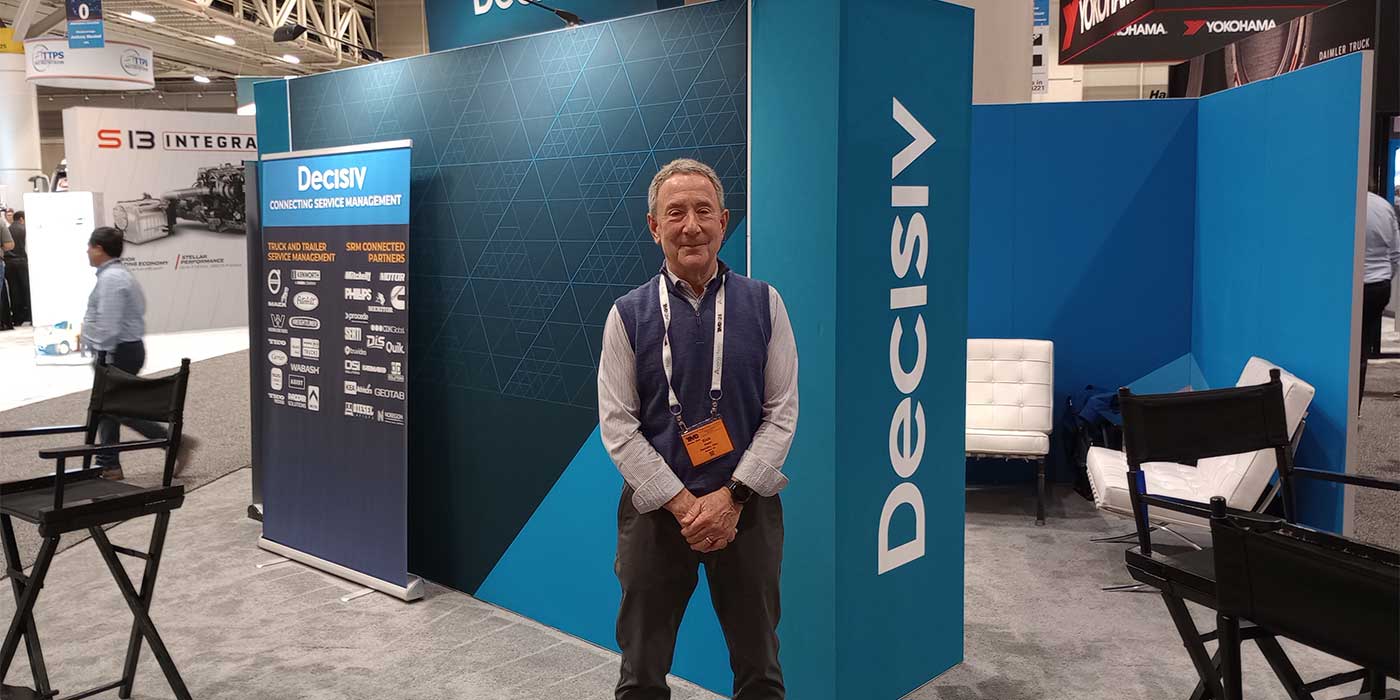Today’s trucking fleets have more access to real-time data about their drivers and the loads they carry than ever before. However, other parties involved in the supply chain may not have that level of access, and while they may have info about scheduled arrival times, real-time updates may not be available. Adverse weather conditions or driver issues that affect arrival times can often hamper scheduled offloading, making it difficult for the receiver to effectively process the load on time.
Now, imagine a different world where all parties involved in a shipping transaction could have ongoing, in-service visibility about both the driver and the load, along with an available historical record—all in a secure and anonymous setting. This could include:
- Real-time access to tamper-proof ELD data, such as the driver’s hours of service;
- Specific vehicle maintenance records and reports via the vehicle inspection report (VIR);
- The performance history of the driver;
- Critical event reports (CER); and
- Black box event recording.
In custody chain applications, for example, all the relevant criteria measures, like cold load transport, could include access to real-time temperature and humidity readings.
Having this kind of access could offer numerous benefits for all involved. This data could be reviewed at any time, would allow access to relevant information to only permitted parties, and doesn’t require a central authority for oversight. It would all exist on a network of distributed ledgers called the blockchain.
Real-time data can lead to happier customers
Traditionally, if a load did not arrive on time, you could call and possibly get an update as to the whereabouts and new scheduled arrival time. It’s a less than ideal solution. A fleet manager would likely have to initiate the call, wait for the updated info, hope that it’s accurate, and then work to reschedule the offload.
With the visibility blockchain technology offers, you could have the visibility to see the problem and have a cold load scheduled to arrive at 4 p.m. The blockchain data would allow you to also know that:
- The rig has passed a recent inspection (DVIR 4224, May 3, 2018, 17:34, J. Oscars, Topeka, Kansas)
- The driver has a 98% on-time delivery rate (1322 loads hauled, 4.23 hours average time on road, 11.2 years in service)
- The current temperature is 3.5°C and the humidity is at 8%, as well as the temperature range and expected delivery temperature based on time of day and current weather conditions.
One hour before the scheduled arrival, you could see that a critical event occurred at 2:38 p.m., when the driver had a sudden drop in acceleration. Key metadata—including time and location—are available, as well as second-by-second sensor data regarding your load. You are able to confirm instantly that no shifting or damage has occurred. You then see that the updated time of arrival is now 4:12 p.m., due in large part to an unscheduled road repair and heavy traffic in the area. Your load is safe and secure, temperature and humidity are still within range, and you have adequate time to adjust for the change in scheduled delivery. In fact, due to the extra 12 minutes, you can have your selected crew assist in another offload on Dock 11, saving additional time.
While this world of blockchain and distributed trust is in the early stages of development, there is little doubt that it will dramatically improve the way the transportation industry works. Moreover, blockchain creates trust in the supply chain that goes beyond just efficiencies, and that benefits many parties, including fleets, shippers, end customers, and even consumers.
This article was contributed by Brad Taylor, vice president of data and internet-of-things solutions at Omnitracs.



